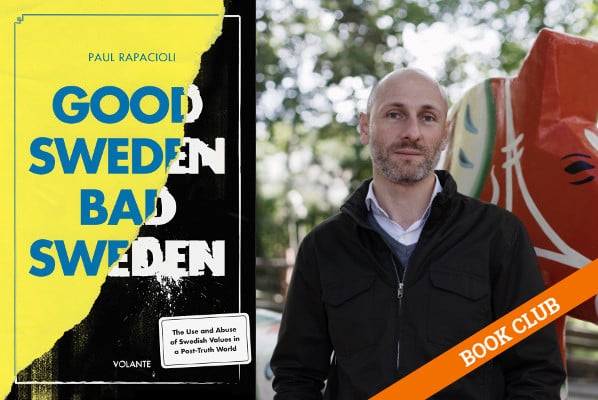The year is 2037, and author Åsa Avdic transports us to the tiny island of Isola, where seven people are competing for a role in intelligence. Main character Anna Francis isn't one of them; she's been hired to stage her own death and observe how the others react.
But things quickly start spiralling. Anna spots a figure from her own past. A storm is rolling in. Things aren't quite what they seem. This is a book about what it takes to survive.
To join in with the Book Club, all you have to do is find a copy of The Dying Game and let us know what you think of the book. Throughout the month and beyond, we'll be discussing the book in our Facebook group, so here are a few questions to keep in mind:
-
Reviewers have said the novel has elements of Margaret Atwood, George Orwell, and Agatha Christie. Which parts reminded you of things you have read or watched before?
-
How did you feel while reading the book?
-
Were you more interested in the parts about Anna's life, or the parts about the dystopian society? Why?
-
Do you think the story tells us anything about the world and society we live in?
- Which of the characters could you relate to, and in which moments?



 Please whitelist us to continue reading.
Please whitelist us to continue reading.
Member comments